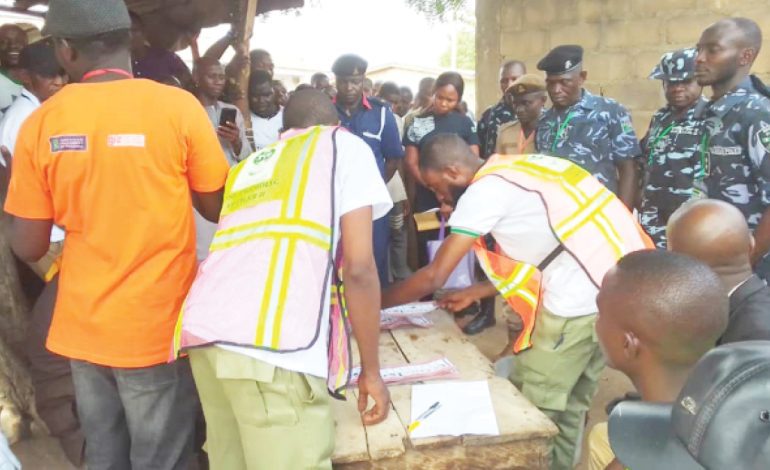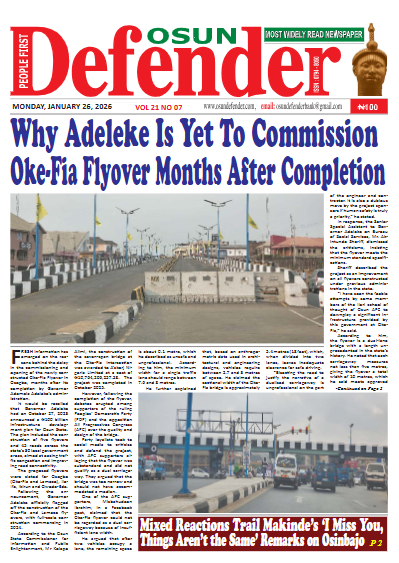Integrity Of Edo, Ondo Polls Doubtful – Nigerians

A recent report by the Centre for Journalism Innovation and Development (CJID) has revealed that a significant number of Nigerians are skeptical about the transparency and integrity of the upcoming governorship elections in Ondo and Edo states.
According to the report, titled “Citizens’ Perception Survey of Forthcoming Gubernatorial Elections in Edo and Ondo States,” only 36% of respondents expressed confidence in the elections being conducted fairly and credibly.
Another 36% expressed skepticism about the judiciary’s impartiality in resolving election disputes.
It stated that the significant trust deficit posed a risk to voter turnout and overall engagement during the elections.
A statement on Monday said the survey was part of CJID’s Media in National Election (MiNE) project that “sought to understand public perceptions of electoral institutions and gauge citizen readiness to participate in these crucial off-cycle elections, scheduled for September 21 and November 16, 2024, respectively.”
“Elections are fundamental to democracy, providing a platform for peaceful power transitions and citizen engagement. However, following recent general elections marked by voter apathy and contentious court rulings on election petitions, there is a critical need to assess how these factors might affect the upcoming gubernatorial races.
“The survey highlights a troubling trend of distrust towards electoral processes and institutions. Despite a substantial number of registered voters participating in the survey, only 25% were active members of political parties.
READ: “We’re Going To Provide You With Insecurity” – Edo APC Gov Candidate Goofs (Video)
“Many respondents also questioned the ability of political parties to genuinely represent their interests. Media coverage of the elections was deemed fair by 57% of respondents, though many felt it was biased or indifferent. Social media was identified as the primary source of election information for 50% of respondents, underscoring the challenges of addressing misinformation and disinformation.”
To address these concerns, the report recommends continuous civic and voter education, integration of voter education into school curricula, and targeted outreach to women, youth, and persons with disabilities.
It also calls for enhancement of the media’s role in elections by encouraging media organizations to tackle information disorders and adopt a people-centered approach to election reporting.

Hafsoh Isiaq is a graduate of Linguistics. An avid writer committed to creative, high-quality research and news reportage. She has considerable experience in writing and reporting across a variety of platforms including print and online.









